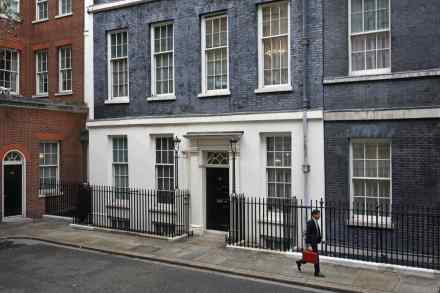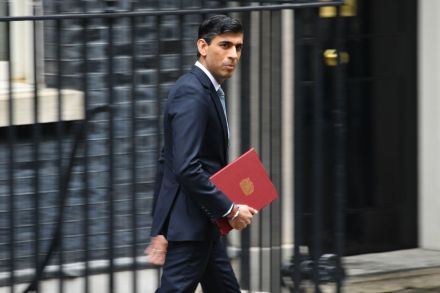Rishi Sunak has blown his premiership
The amount the state takes out of the economy will rise to the highest level in 70 years. An unreformed public sector will be showered with cash, with the health service allowed to spend whatever it likes. A tax system that was already creaking under the weight of its own complexity has just been made slightly more complicated, and it has been made a lot less competitive. The Chancellor Rishi Sunak with his usual panache sailed through his Budget yesterday. The problem, however, is this. While he might get away with pushing up taxes and spending for now, sooner or later it is going to catch up with him. And





